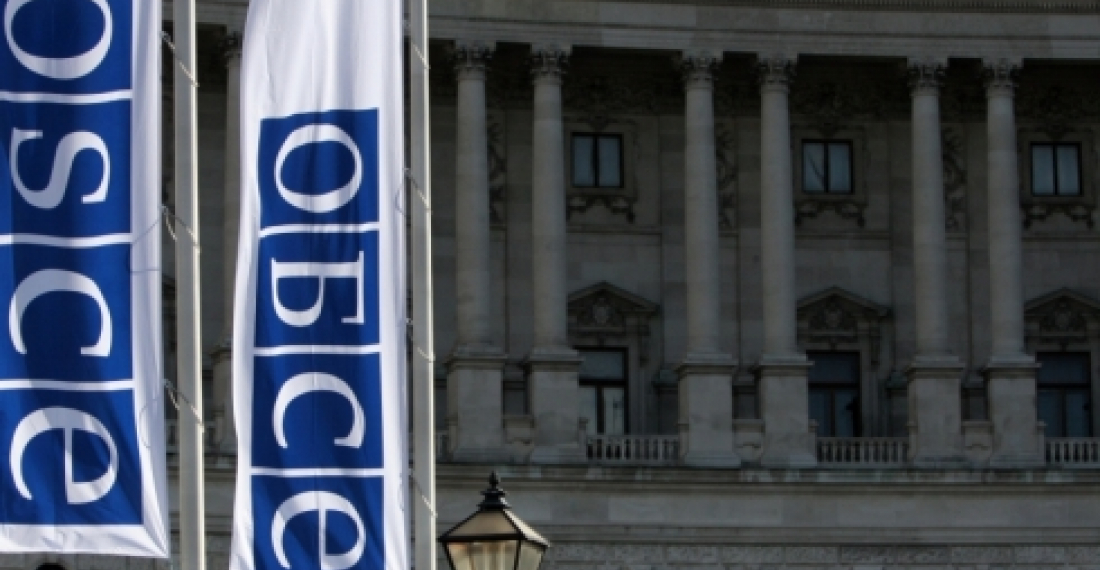The co-Chair of the OSCE Minsk Process have urged Armenia and Azerbaijan to fulfill the committments they made when they met in May in Vienna.
A statement issued in Vienna by the three co-Chair states:
"The Co-Chairs of the OSCE Minsk Group (Ambassadors Igor Popov of the Russian Federation, James Warlick of the United States of America, and Pierre Andrieu of France) call on the sides to honour the agreements which were reflected in the Joint Statements of the 16 May summit in Vienna and the 20 June summit in St. Petersburg.
We urge Azerbaijan and Armenia to remove all remaining obstacles to expanding the mission of the Personal Representative of the OSCE Chairperson-in-Office, Ambassado Andrzej Kasprzyk. We also urge progress in substantive talks and on a proposal to establish an OSCE investigative mechanism. We will continue our engagement with the sides to advance all of these outcomes from the last two meetings between the Presidents."
SOURCE: COMMONSPACE.EU with osce.org






